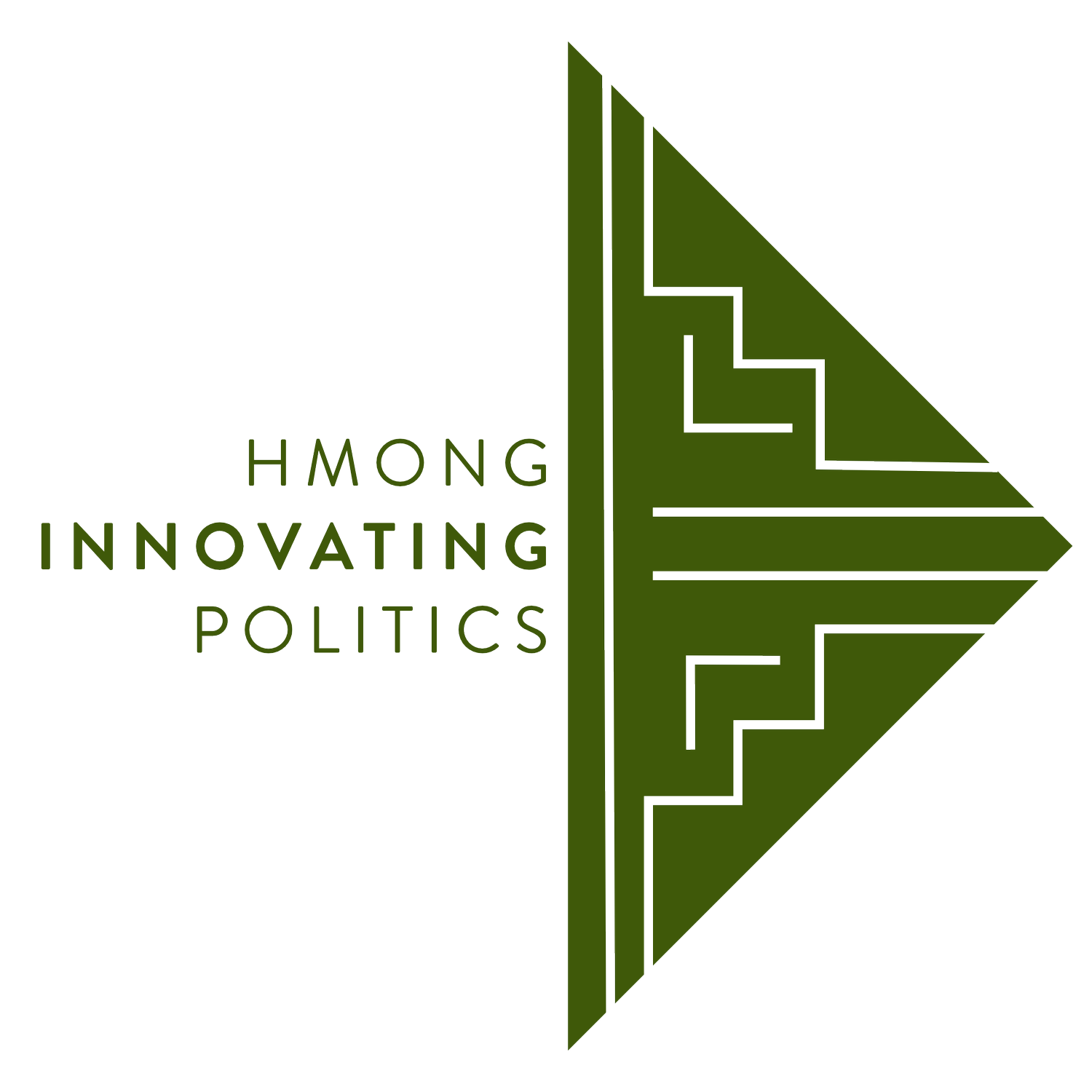Hmong American Day is a Political Act of Love and Resistance
HIP Sacramento youth, young adults, and staff attending the city council meeting for the Sacramento Children's Fund Strategy 2024
To my communities,
Are you angry? Tired of our voices being ignored? Appalled at the harmful narrative that pushes these fascist agendas? Because I am.
As May ends, a month honoring Hmong American Day and AAPI Heritage Month, I invite us all to reckon with the fact that Hmong American Day is political—we must say that loudly and unapologetically. It is not simply a day or month for celebration, but rather a time for us to highlight the relevant power we carry as a community and in allyship.
For too long, the Hmong and Southeast Asian communities have been left out of the broader narrative in American histories and politics. It is critical for our communities to recognize and honor that our arrival to Native soil was a political act: a familiar story of our loved ones born from war, U.S. imperialism, genocide, and displacement. Our parents and grandparents came as refugees, not by choice but by necessity. Their survival and our continued existence in this country remains a political enigma, so we need to talk about it as a community—we must voice our stories and claim our power.
Over 32,000 Hmong Americans call Sacramento home, but we must recognize that home is not simply a physical place—it’s how we are seen, how we are served, and how we are honored. Data disaggregation, language access, culturally competent services—these are not luxuries; they are rights.
We fight because 53 percent of our people are renters. We fight because nearly one-third of us live in poverty, rely on food assistance, and/or struggle to speak English fluently. We fight because our youth deserve to learn their history, their culture, and their worth.
The movement for Hmong American Day, led by the love and resistance of Hmong-American leaders, is a demand for recognition, justice, and truth. It's a pushback against silence, against erasure—especially from administrations that choose to ignore the very anniversaries that mark our survival.
We honor our elders, our youth, our artists, our families, our stories. In 50 years, we have built so much, but we continue to struggle for our basic rights for housing, healthcare, education, LGBTQ+ inclusion, women’s rights, and overall equitable justice. And yet, we build. And we must continue to build together.
Hmong American Day is not simply a celebration. It is a call to action. I plead for you to act for yourself, act for your loved ones, act for your community. Attend local organizers’ meetings, intentionally show up to protest, politically educate yourself, and speak up for the injustices we see in and outside of our communities.
We rise together. We organize together. We thrive together. There are no other alternatives.
In community and power,
Gaonou, Comms & Narrative Manager


